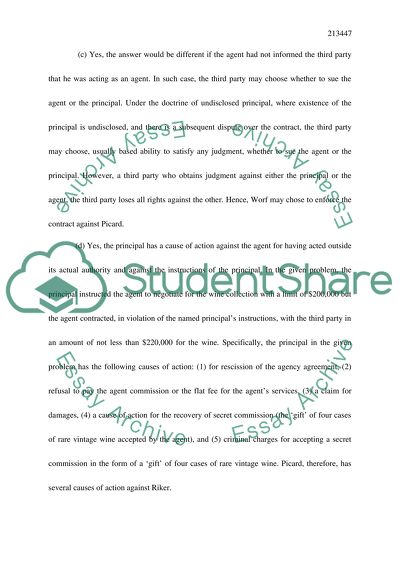Cite this document
(“Agency,innkeepers doctrine,and liquor licensing law Case Study”, n.d.)
Agency,innkeepers doctrine,and liquor licensing law Case Study. Retrieved from https://studentshare.org/law/1526112-agencyinnkeepers-doctrineand-liquor-licensing-law
Agency,innkeepers doctrine,and liquor licensing law Case Study. Retrieved from https://studentshare.org/law/1526112-agencyinnkeepers-doctrineand-liquor-licensing-law
(Agency,innkeepers doctrine,and Liquor Licensing Law Case Study)
Agency,innkeepers doctrine,and Liquor Licensing Law Case Study. https://studentshare.org/law/1526112-agencyinnkeepers-doctrineand-liquor-licensing-law.
Agency,innkeepers doctrine,and Liquor Licensing Law Case Study. https://studentshare.org/law/1526112-agencyinnkeepers-doctrineand-liquor-licensing-law.
“Agency,innkeepers doctrine,and Liquor Licensing Law Case Study”, n.d. https://studentshare.org/law/1526112-agencyinnkeepers-doctrineand-liquor-licensing-law.


